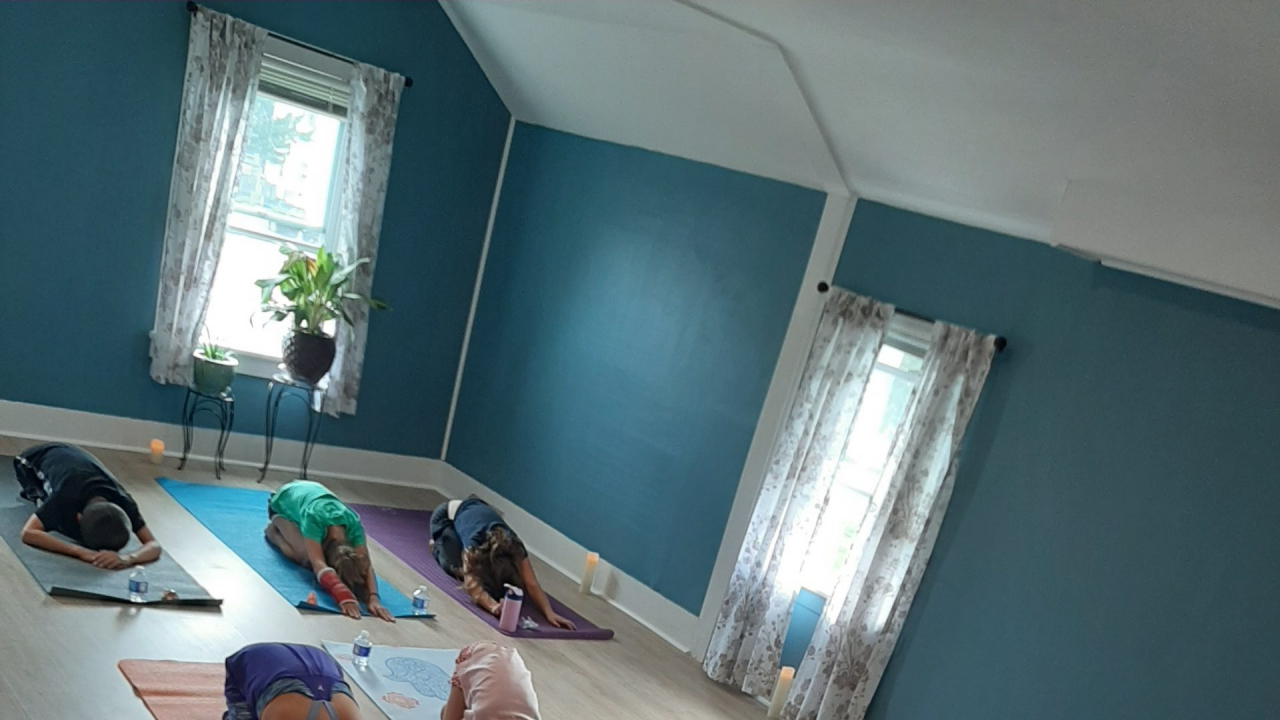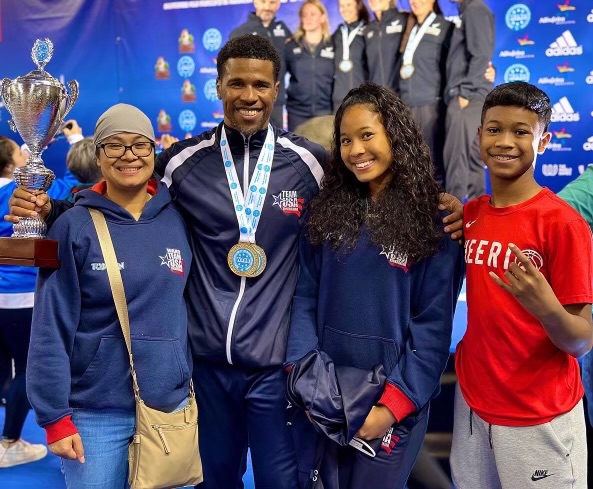
SYRACUSE, N.Y. (NCC News) – Central New Yorkers in Syracuse can seek mental health treatment through virtual platforms. Consequences of the COVID-19 pandemic have affected the mental wellness of many across the country. Just as people are dealing with the pandemic, the country turned to protest and riots following the killing of George Floyd in Minnesota, exacerbating stress and anxiety.
Mental health counselor Katherine Hyatt is one of the many clinicians across the state who volunteered in New York state’s COVID-19 support group known as “coping circles.”
“I applied online when I saw the call,” Hyatt said.
New York State Office of Mental Health called for qualified mental health professionals who would volunteer to support the state’s COVID -19 response.
Clinicians will host a virtual mental session with six people at a time. Hyatt said these are stressful times and how you respond is important.
“Finding those things that we can control. Controlling what we eat, making sure that we take care of ourselves. A lot of things are taken away from us, but we still do have a lot that we can control on our day-to-day basis,” Hyatt said.
Hyatt is the founder of Branches of Growth, a mental health clinic in North Syracuse.
“We really focus on the things that we do have control over each day because every day we make a lot of decisions around things that we can’t control and they are not normally as big as whether we have a job or not,” Hyatt said.
Millions are jobless, teachers and parents are forced to adopt a new way of working causing a lot of stress and anxiety. But she says it is okay to feel anxious and stress because nobody is alone in this adversity adding that talking to people, walking in the park, and stressing your body will help you cope.
In a recent KFF poll, nearly half (45%) of adults in the United States reported that their mental health has been negatively impacted due to worry and stress over the virus. As the pandemic wears on, and the widespread protest and riots, it is likely the mental health burden will increase.
The National Alliance on Mental illness also reported an increase in emotional distress.




